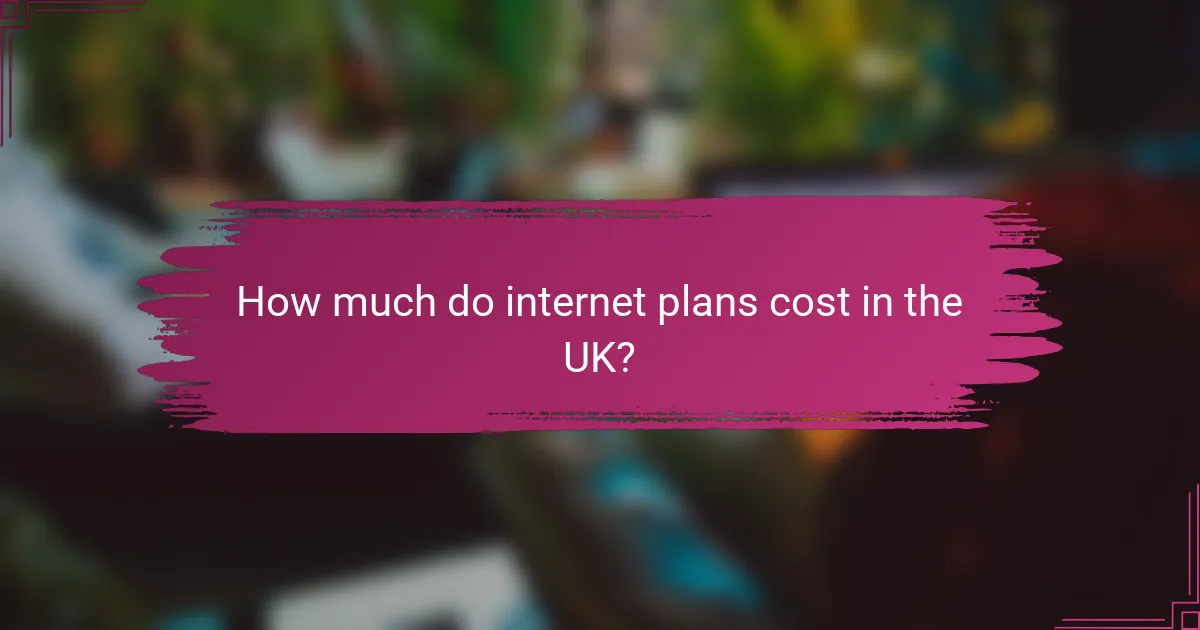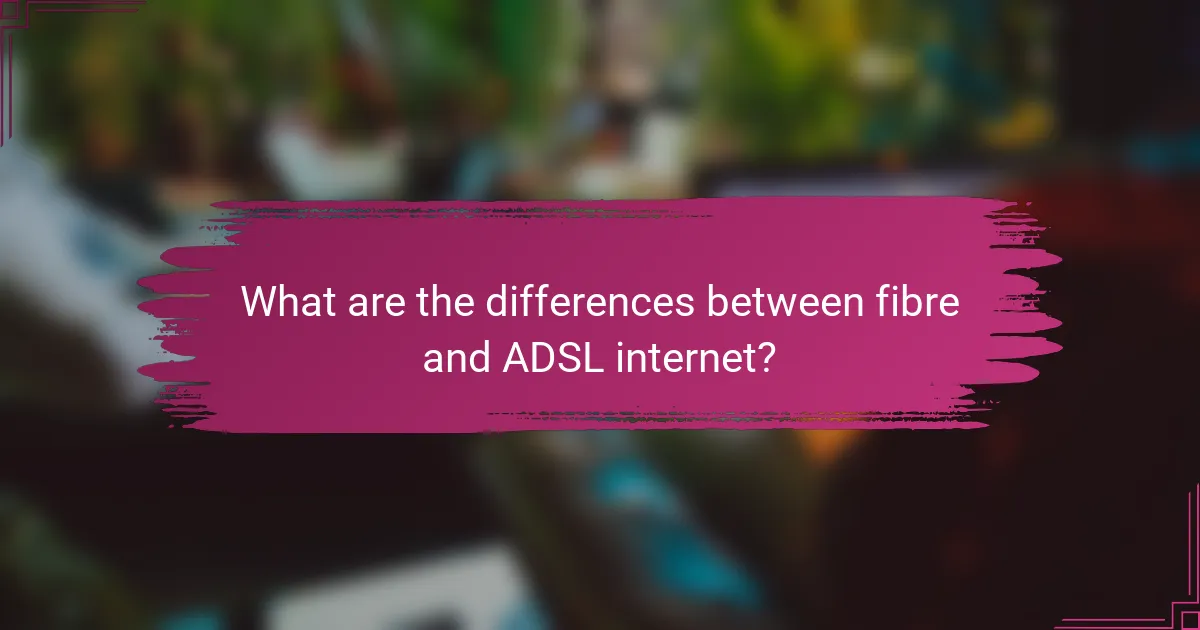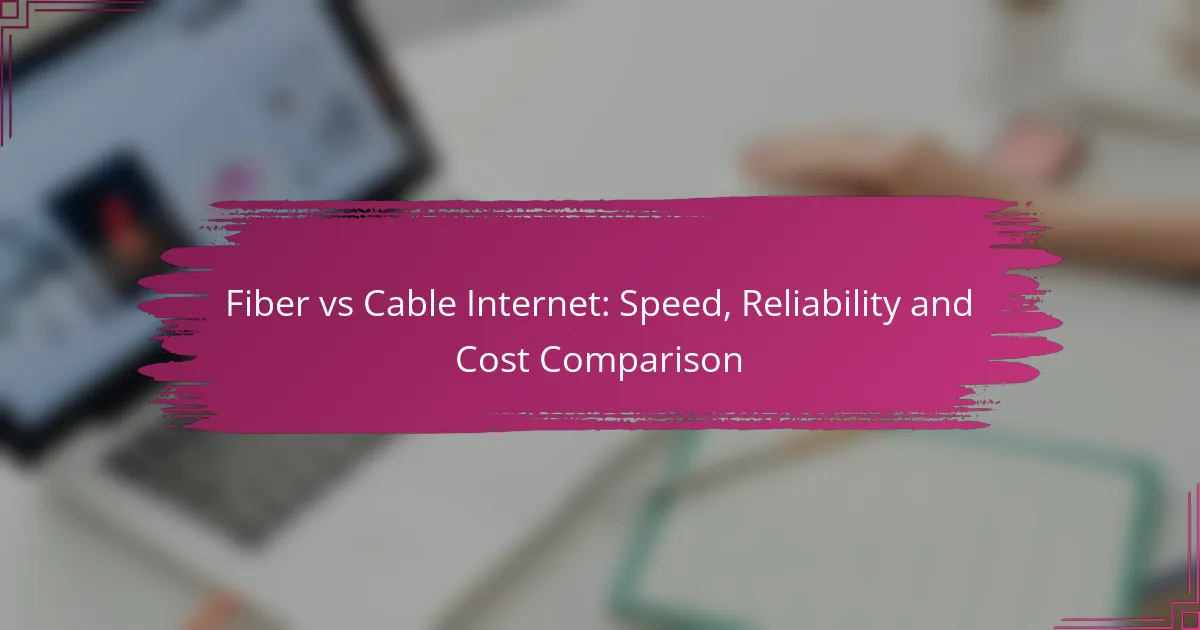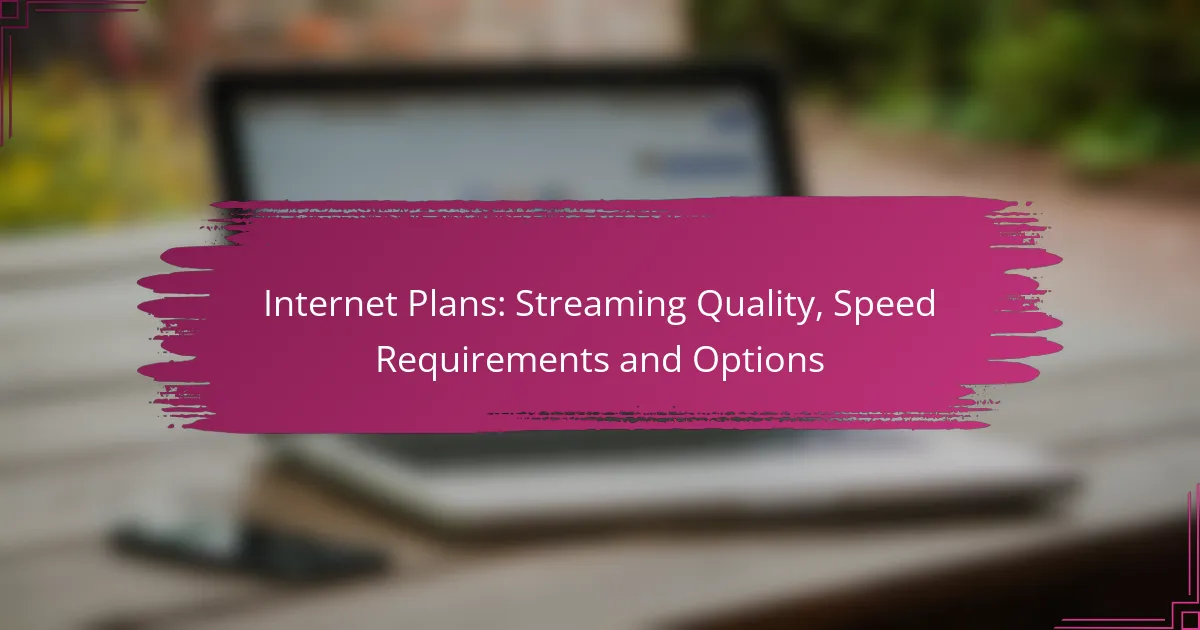Finding a budget-friendly internet plan in the UK can be straightforward if you know what to look for. With prices generally between £20 and £30 per month, these plans provide a balance of speed and flexibility for light to moderate users. Key factors to consider include download and upload speeds, data caps, and customer service ratings, all of which can greatly influence your overall internet experience.

What are the best budget internet plans in the UK?
The best budget internet plans in the UK offer reliable connectivity at affordable prices, typically ranging from £20 to £30 per month. These plans balance speed, data limits, and contract flexibility, making them suitable for light to moderate internet users.
BT Broadband Basic
BT Broadband Basic is designed for users who need a straightforward internet connection without frills. It provides average download speeds of around 10 Mbps, which is sufficient for browsing and streaming in standard definition.
This plan is ideal for households with light internet usage, such as occasional browsing and email. However, users should be aware that higher bandwidth activities, like HD streaming or gaming, may experience limitations.
Sky Essential Broadband
Sky Essential Broadband offers a competitive entry-level option with average speeds of about 11 Mbps. This plan is suitable for casual users who primarily browse the web and use social media.
One of the advantages of Sky Essential is its flexibility, as it often comes with no upfront costs and a 12-month contract. However, users should consider potential extra charges for installation or equipment.
Virgin Media M100
Virgin Media M100 provides a faster option with average speeds of 108 Mbps, making it a great choice for families or users with multiple devices. This plan supports HD streaming and online gaming without significant lag.
While it is slightly more expensive than other budget options, the speed and reliability can justify the cost for users who require more bandwidth. Additionally, Virgin Media often has promotions that can lower the initial monthly fee.
TalkTalk Fast Broadband
TalkTalk Fast Broadband offers average speeds of around 11 Mbps, catering to users who need a reliable connection for everyday tasks. This plan is particularly appealing due to its low price point and no upfront costs.
However, users should be mindful of potential data caps and slower speeds during peak hours. It’s advisable to check local availability and any promotional offers that may enhance value.
Plusnet Unlimited Broadband
Plusnet Unlimited Broadband provides a solid option with average speeds of 10 Mbps, ideal for users who want unlimited data without worrying about overage charges. This plan is well-suited for light streaming and browsing.
Plusnet is known for its customer service, which can be a significant advantage for users who may need assistance. The plan typically comes with a 12-month contract, so users should be prepared for a longer commitment.

What features should I consider in an internet plan?
When evaluating an internet plan, key features to consider include download speed, upload speed, data caps, contract length, and customer service ratings. These elements significantly impact your internet experience and can vary widely among providers.
Download speed
Download speed refers to how quickly data is transferred from the internet to your device. For most households, a speed of at least 25 Mbps is recommended for streaming, gaming, and browsing. Higher speeds, such as 100 Mbps or more, are ideal for larger families or multiple users.
Consider your usage habits; if you frequently stream high-definition content or work from home, opting for faster download speeds can enhance your experience. Always check if the advertised speeds are consistent or subject to fluctuations during peak hours.
Upload speed
Upload speed measures how quickly data is sent from your device to the internet. This is particularly important for activities like video conferencing, uploading large files, or online gaming. A minimum upload speed of 5 Mbps is generally sufficient for casual use, but higher speeds are beneficial for more demanding tasks.
Keep in mind that many providers offer asymmetric plans where download speeds are much higher than upload speeds. If you regularly upload content, look for plans that provide balanced or higher upload speeds.
Data caps
Data caps limit the amount of data you can use within a billing cycle. Exceeding these limits can result in additional charges or throttled speeds. Many plans now offer unlimited data, which is preferable for heavy users.
Check the specifics of data caps if you stream videos, play online games, or download large files frequently. Understanding your usage can help you avoid unexpected costs and ensure you choose a plan that meets your needs.
Contract length
Contract length refers to the duration of your commitment to a service provider, typically ranging from one to two years. Shorter contracts may offer more flexibility but could come with higher monthly rates or installation fees.
Evaluate whether you prefer a lower monthly payment with a longer commitment or the freedom to switch providers without penalties. Be aware of any early termination fees that may apply if you decide to cancel your service before the contract ends.
Customer service ratings
Customer service ratings reflect how well a provider supports its users. High ratings indicate responsive and helpful service, which can be crucial when technical issues arise. Research reviews and ratings from reliable sources to gauge customer satisfaction.
Consider providers that offer multiple support channels, such as phone, chat, and email. Good customer service can save you time and frustration, especially if you encounter problems with your internet connection.

How much do internet plans cost in the UK?
Internet plans in the UK typically range from around £25 to £60 per month, depending on the speed and provider. Costs can vary significantly based on features, contract length, and additional fees.
Average monthly costs
The average monthly cost for broadband in the UK generally falls between £30 and £40. Basic packages may offer speeds of around 10-30 Mbps, while higher-tier options can provide speeds exceeding 100 Mbps, often at a premium.
When selecting a plan, consider both your internet usage and the number of connected devices. Families or heavy users may benefit from faster speeds, which can justify higher monthly costs.
Setup fees
Setup fees for internet plans in the UK can range from £0 to around £50. Some providers offer free installation as part of promotional deals, while others may charge a one-time fee for technician visits or equipment setup.
Always check if the setup fee is waived for long-term contracts, as this can significantly reduce your initial expenses when signing up for a new plan.
Equipment rental fees
Many UK internet providers charge monthly rental fees for equipment such as routers, typically ranging from £5 to £10. This fee can add up over time, so consider purchasing your own equipment if you plan to stay with a provider long-term.
Before committing, verify whether the rental fee is mandatory or if you have the option to use your own compatible devices, which can save you money.
Promotional pricing
Promotional pricing is common in the UK, with many providers offering discounted rates for the first 6 to 12 months. These deals can lower your monthly bill significantly, sometimes by 30% or more.
Be cautious, as promotional rates typically revert to higher standard prices after the initial period. Always read the terms and conditions to understand the long-term costs associated with these offers.
Long-term costs
Long-term costs for internet plans can increase after promotional periods end, so it’s essential to factor this into your budget. After the initial contract, prices may rise by £5 to £15 per month, depending on the provider.
Consider the total cost over the duration of the contract, including any potential price hikes, to ensure the plan remains affordable for you in the long run. Always compare plans and be ready to switch providers if better deals become available.

What are the differences between fibre and ADSL internet?
Fibre and ADSL internet differ primarily in speed, reliability, and technology. Fibre uses light signals through glass cables, offering faster speeds and better performance compared to ADSL, which relies on copper telephone lines.
Speed comparison
Fibre internet typically provides speeds ranging from 100 Mbps to over 1 Gbps, making it suitable for high-demand activities like streaming and gaming. In contrast, ADSL speeds usually range from 1 Mbps to around 24 Mbps, which may be sufficient for basic browsing but can struggle with multiple users or high-definition content.
Reliability
Fibre is generally more reliable than ADSL due to its resistance to interference and signal degradation over distance. ADSL performance can significantly drop with distance from the service provider’s exchange, leading to inconsistent speeds and connectivity issues.
Availability in rural areas
ADSL is often more widely available in rural areas because it utilizes existing telephone lines, making it easier to deploy. Fibre, while expanding, may still be limited in remote locations, with some regions lacking infrastructure for high-speed connections.
Cost differences
Fibre internet plans tend to be more expensive than ADSL due to the advanced technology and infrastructure required. Monthly costs for fibre can range from $50 to $100 or more, while ADSL plans may start as low as $20 to $50, making ADSL a budget-friendly option for basic users.
Installation process
Installing fibre internet often requires professional installation, which can involve running new cables to your home, potentially taking several hours. ADSL installation is typically quicker, as it may only require a modem setup and connection to existing phone lines, often allowing for self-installation.



